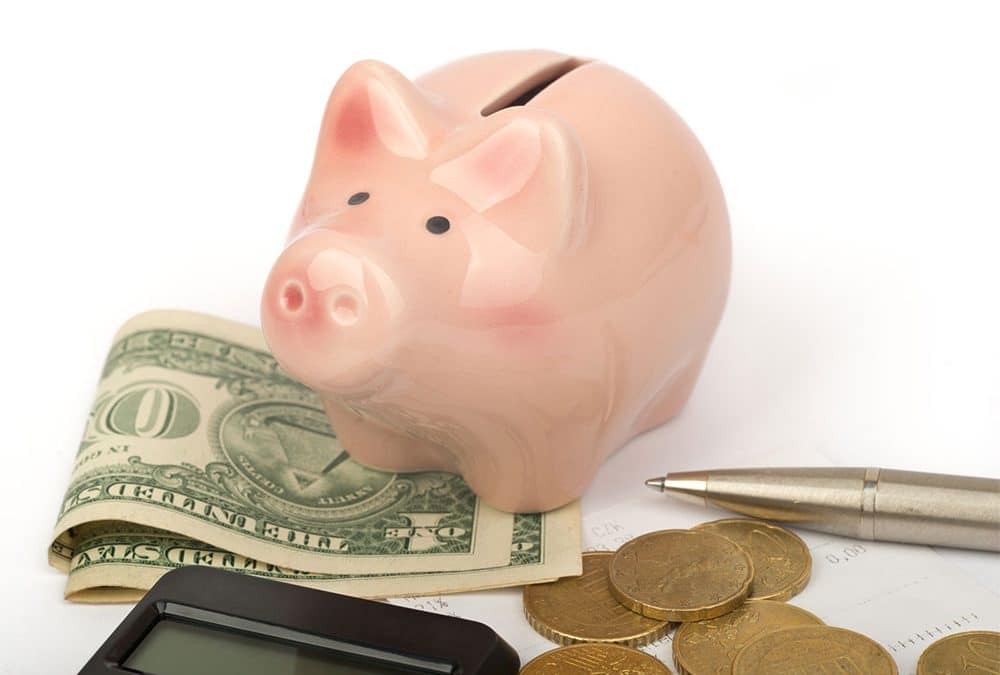I often get asked about student loans and bankruptcy. Can the student loans be discharged in a chapter 7 or a chapter 13 bankruptcy? The answer may surprise you. They can be discharged in a chapter 7 but the debtor has a very heavy burden to proof that the student loan debt would impose an undue hardship on the debtor and the debtor’s dependents.
Section 523(a)(8) of the Bankruptcy Code states that student loan debt is excepted from discharge “unless excepting such debt from discharge…..would impose an undue hardship on the debtor and the debtors dependents”. The bankruptcy code does not define undue hardship, but the 11th Circuit Court of Appeals has adopted a three part test found in the case of Brunner v. New York State Higher Education Services Corp., 831 F.2d 395 (2d Cir 1987) to determine if student loan debt can be discharged in a bankruptcy.
The Brunner three part test is as follows:
1) That the debtor cannot maintain, based on current income and expenses, a minimal standard of living for herself and her dependents if forced to repay the loans
2) That additional circumstances exist indicating that this state of affairs is likely to persist for an significant portion of the repayment period of the student loans: and
3) That the debtor has made a good faith effort to repay the loans.
The easiest part of the test is part one. Basically, the debtor has to show that she can’t pay the loans based on her current income or lack thereof. Most unemployed debtors or low income debtors can meet this part of the test.
The second part requires the debtor prove that her financial situation is very unlikely to change during the repayment period. Basically, the debtor has to show that she will be unable to work during the repayment period. The courts generally apply the facts of the present existing circumstances to the unknown future. A young unemployed debtor that is in good health will have a very difficult time passing this part of the test, where as an older debtor who is permanently disabled will have an easier time passing this part of the test. The courts will look at the age and health of a debtor and the likelihood of obtaining employment in determining if they pass this part of the test.
The last part requires that the debtor has made a good faith effort to repay the loans. The key word here is good faith. Has the debtor made a good faith effort to obtain and maintain employment, is her household budget reasonable and has the debtor made payments to the loan? Has the debtor attempted to work out a repayment plan with the student loan creditor? There are many factors that the court looks at here and this could be the hardest step to pass when trying to discharge student loan debts. It seems that the courts will be diligently looking to see what steps the debtors took to repay the loans. If they showed good faith in doing so, then there is a greater chance of success.
All in all, discharging student loans in bankruptcy can be done, but not if your young and in good health. You must be unable to work for the foreseeable future and have a good history with at least attempting to pay the student loans back. Only then can the student loans be discharged in bankruptcy.
Please feel free to call me if you would like to know “Can My Student Loan Debts be discharged in Bankruptcy?”.
Brian Limbocker, J.D., LL.M.
Limbocker Law Firm, LLC
A Bankruptcy and Personal Injury Law Firm
2230 Towne Lake Parkway
Building 800, Ste. 140
Woodstock, GA 30189
678-401-6836
(Offices also available in Marietta, Kennesaw, Atlanta and Duluth)




